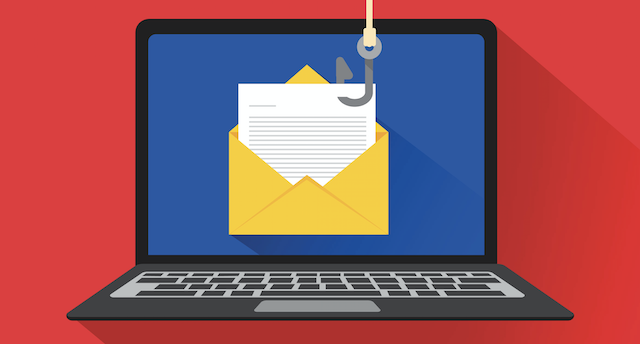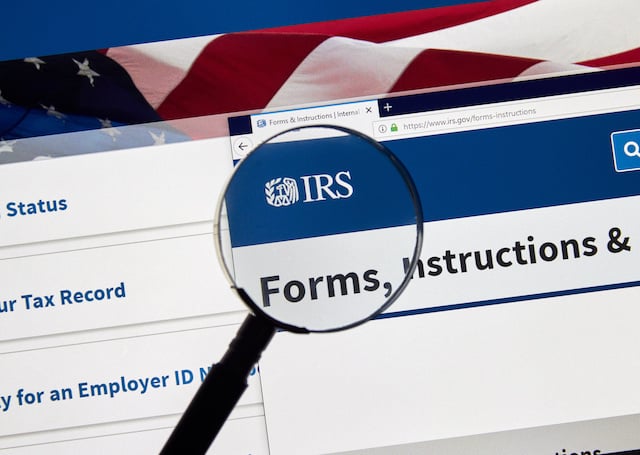Security News

The Milanote app, billed as the "Evernote for creatives" by reviewers, has attracted the notice of cybercriminals who are abusing it to carry out credential-stealing campaigns that skate past secure email gateways, researchers said. According to analysis from Avanan released Thursday, attackers are looking to hook victims by starting off with a simple email.

"Attached herewith is the revised circular," the malicious email reads. "Since 50 percent of the malicious emails targeted South Korea, we can speculate that threat actors were closely monitoring local news about the vaccination campaign in the country and anticipated shipment of 14 million doses of coronavirus vaccine," the spokesperson said.

SharePoint servers are being picked at with high-risk, legitimate-looking, branded phish messages and preyed on by a ransomware gang using an old bug. The phish is targeting Office 365 users with a legitimate-looking SharePoint document that claims to urgently need an email signature.

Click Studios, the software company behind the Passwordstate enterprise password manager, is warning customers of ongoing phishing attacks targeting them with updated Moserpass malware. Click Studios published a second advisory on Sunday, saying that "Only customers that performed In-Place Upgrades between the times stated above are believed to be affected and may have had their Passwordstate password records harvested."

Threat actors are impersonating Chase Bank in two phishing attacks that can slip past Microsoft Exchange security protections in an aim to steal credentials from victims - by spoofing real-life customer scenarios. "These email attacks employed a gamut of techniques to get past traditional email security filters and pass the eye tests of unsuspecting end users," Kumar wrote.

A W2 tax email scam is circulating in the U.S. using Typeform, a popular software that specializes in online surveys and form building. According to Armorblox, the campaign also bypasses native Google Workspace email security filters in the victims it examined.

The phishers had access for more than 24 hours, and sources tell KrebsOnSecurity the intruders used that time to steal Social Security numbers and sensitive files on thousands of state workers, and to send targeted phishing messages to at least 9,000 other workers and their contacts. "SCO has notified the employee's contacts who may have received a potentially malicious email from the unauthorized user. SCO team members have identified all personal information included in the compromised email account and begun the process of notifying affected parties. The Controller is going over and beyond the notification requirements in law by providing both actual mailed notification and substitute notification in an effort to ensure the broadest possible notification."

Kind old Google has published data on targeted email attacks and dispensed advice to help users separate friend from foe. The pandemic has presented malware-laden email flingers with a world of opportunity and a whole new set of attack vectors.

More than 200 Google Forms impersonate top brands - including Microsoft OneDrive, Office 365, and Wells Fargo - to steal victims' credentials. Researchers are warning of phishing attacks that leverage Google Forms as a landing page to collect victims' credentials.

A credential-phishing email campaign is making the rounds, using the lure of coronavirus tax relief to scam people into giving up their personal information. The emails purport to contain an important document about COVID-19 relief funds from the IRS. Clicking the link in the email leads readers to a SharePoint form that they were told to complete before accessing the document, according to Chetan Anand, co-founder and architect at Armorblox.